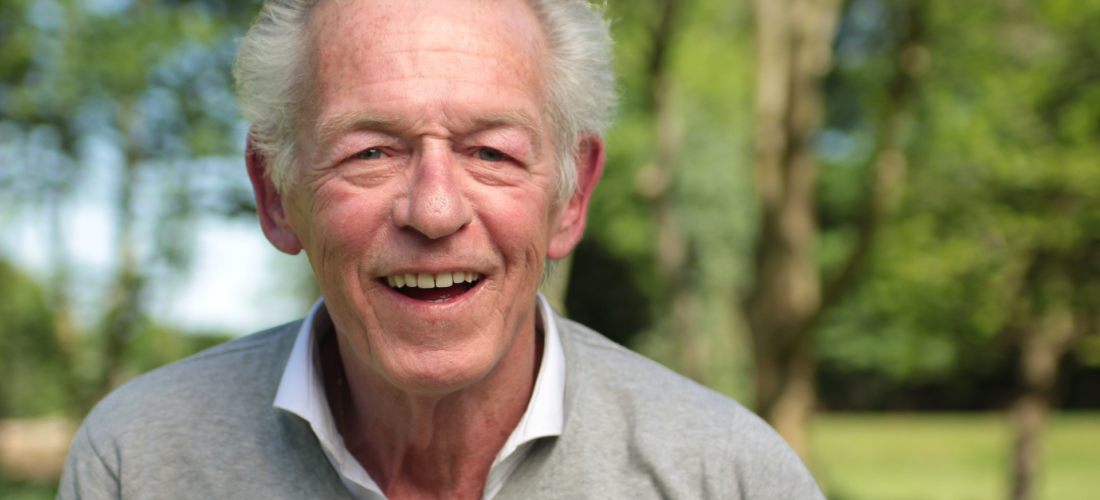When David was preparing to leave hospital after surgery, he faced some big challenges. His home at the time had stairs making it difficult for him to get in and out. After his operation, returning there would have been almost impossible. David knew he wanted to remain independent, but he also needed a place that suited his needs.
That’s when Julie, an advocate, stepped in to support him. She visited David in hospital to hear directly from him about his wishes for the future where he wanted to live, and what kind of support he felt he needed.
David decided that moving into a one-bedroom, accessible ground-floor flat was the best option for him. He valued having his own home, a space where he could live life on his own terms. While David felt confident, he could manage much of his daily life independently, he acknowledged that having occasional support available would make a real difference.
“Advocacy has been very helpful,” David shared. “I don’t know where I would be without Julie’s help and support.”
Julie worked alongside David to make sure his voice was heard by professionals. She kept him informed, updated, and reassured during a stressful time especially when issues arose, such as when David left a care home without his medication. Julie helped resolve the problem quickly, ensuring David had what he needed and felt supported.
“Every time Julie visited, she kept me updated and made sure my views were shared with others. That was important it meant I felt heard and listened to,” David explained.
With advocacy support, David now has his own accessible home where he can continue to live independently, with the right support available in the community.
For David, the most valuable part of advocacy was simple but powerful: knowing what was happening.
When asked what makes a good advocate, David didn’t hesitate:
“Being friendly, approachable, listening, helpful, trustworthy, and honest.”
And would he recommend advocacy to others?
“Yes, I would.”
